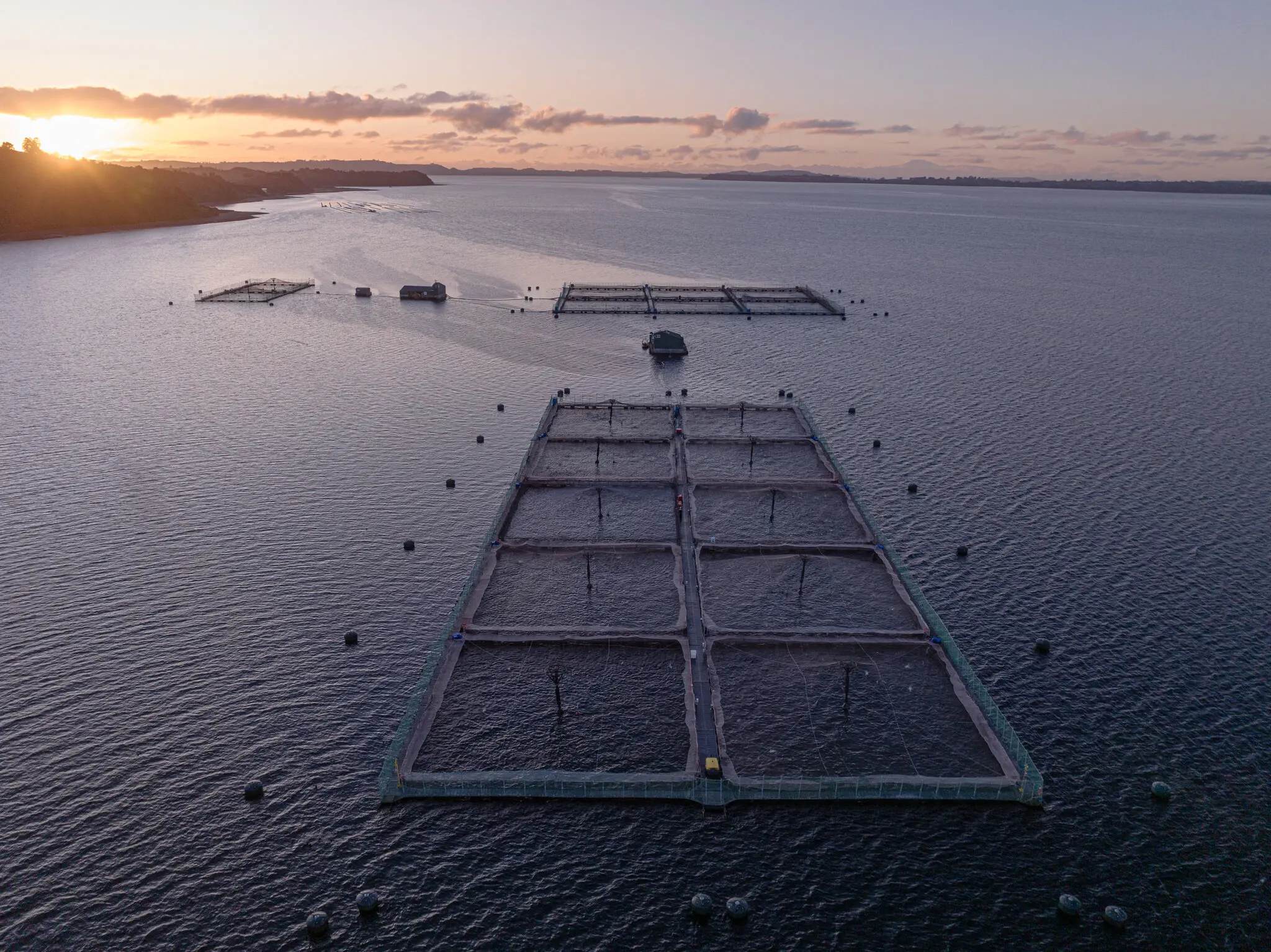"En Chile, el salmón es fuente de polémica y oposición”. Así se titula el artículo del New York Times. Menciona las preocupaciones por los riesgos ambientales de la salmonicultura, una industria que ha convertido a Chile en uno de los principales productores de salmón del mundo. A medida que la producción de salmón se expande, también lo hacen las consecuencias ante los efectos adversos en el medio ambiente, especialmente en ecosistemas frágiles.

Paradójicamente, en la provincia de Tierra del Fuego, el empresario metalúrgico Rubén Cherñajovsky y legisladores del oficialismo nacional pretenden eliminar la prohibición existente sobre la actividad debido a sus efectos adversos en el medio ambiente.
Sin embargo, su impulso por esta industria ha generado un fuerte rechazo entre las organizaciones ambientales de la región, quienes remarcan que la Legislatura provincial prohibió la salmonicultura en los últimos años debido a los efectos ambientales adversos que genera el cultivo masivo de salmones.
La contaminación del agua y la alteración de los ecosistemas marinos son los principales efectos negativos de la salmonicultura. Así todo, los legisladores de la Libertad Avanza, han mostrado interés en promover la industria a pesar de su reciente prohibición y de las advertencias sobre sus consecuencias.
“La salmonicultura ha sido muy criticada por el uso intensivo de antimicrobianos, la contaminación de vías fluviales y la proliferación de algas nocivas”, señala el artículo del Times.
Según el informe realizado para las Naciones Unidas por el profesor asociado de la Universidad de Columbia Británica, David R. Boyd, recomienda suspender el avance de la actividad y califica la salmonicultura como “una de las principales amenazas para el medioambiente que enfrenta la Patagonia”.
La recomendación de Boyd propone “la espera de un análisis científico, independiente de los impactos medioambientales adversos” antes de continuar con la expansión de la acuicultura del salmón.






